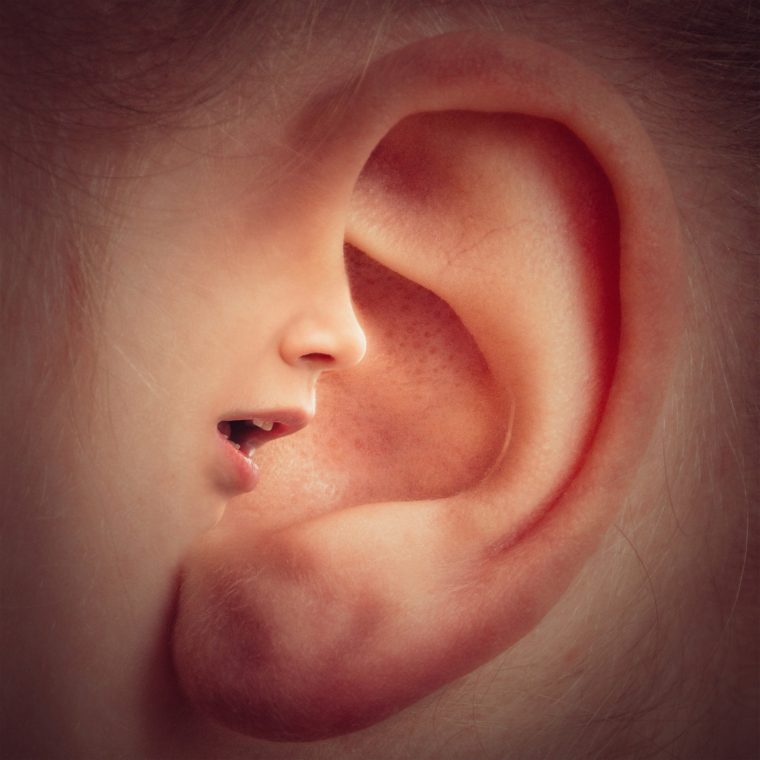When asked what does our ears do, many people will say that they hear.

Did you know that hearing is not the ear’s only function?
Most of the sensory energy transferred to the brain goes through the ears. They:
- Regulate balance
- Direct movement and coordination
- Permit language
- Cause us to speak eloquently
- Make us sing in tune
- Adjust our eyes when we read
- Control our arm, hand, and finger movements when we write
- Protect us from sounds we do not want to hear, e.g. sounds of our own body
In addition to all of that good stuff, the ears are interconnected with several levels of the brain and act as a double antenna through which it receives messages from the body and the environment.
So, you can see, your ears are your link to your inner world and the outside world.
What is listening?
Merriam-Webster defines it as paying attention; hearing something with thoughtful attention.
This definition denotes that listening is an active process through which we make sense of, evaluate and respond to what we hear.
On the other hand, hearing is passive – once the hearing mechanism is physically intact, sound enters the ears and travels along the auditory pathway to the brain, where the sound waves are changed to electrical signals and given meaning.
Listening, therefore, brings harmony within us, as well as in our relationships with others. When listening does not develop in a satisfactory manner, the harmony is broken and good communication is sabotaged.
Although some generate good results with sustained effort on the part of the child, many of the programs promoted as interventions for the reading difficulties experienced by dyslexics are minimally effective.
While there is efficacy in practice, considering Herman Ebbinghaus’ work on memory (without context, about 50% of what is heard is forgotten within 1 hour), most remediation programs include multiple repetitions of instruction with lots of drill and practice, without any work to eliminate underlying issues with foundational skills, like listening.
I have not read any scientific or academic research studies, which looked at improving listening as an avenue for alleviating reading difficulties, but I have my own anecdotal experience. As mentioned in my previous post, when my dyslexic daughter completed The Listening Program, her singing voice improved (the voice can only produce what the ear can hear). In addition to that, she demonstrated better attending skills. This led to increased success in learning and communication.
Have you or any of your children experienced any form of auditory stimulation?

I remember my mother always would emphasize the difference between listening and hearing. She knew I could hear her, and she also made it clear that she knew when I was not listening to her 🙂
Mothers are so wise! They seem to know everything.
Many times, I thought my parents were so ancient and out of sync with life and living as I saw it, through the eyes of youth. As I age, I realize how much knowledge and wisdom were in their counsel and admonition, without them having the benefit of all the educational advancement and technological fanfare of today.
Great information. My 2 year old Ggranddaughter started covering her ears at the age of about 16 months old when she heard loud or shrill noises. Her pediatrician said it might be sensory overload but wanted to wait until she was 2 1/2 to see if it would pass. She’s getting better but still covers them partially when the vacuum runs, certain birds chirp and load noises from trucks if going by too close.
Hi Martha,
You’re very welcome. Thanks for stopping by.
Yes, usually when young children cover their ears to avoid loud noises, they have some level of auditory sensitivity as the result of sensory overload. It’s usually best to find the cause and not wait to see if it will go away. Has she been taken to see an audiologist?
Very informative, our bodies are really fearfully and wonderfully made. Listening is one of the most essential tools for learning, effective communication, relationship building, and personal safety. Most people need to be taught how to do active listening. Listening is a skill that involves both hearing and comprehension.
Thanks for your comment, Jacqueline. Many parents and teachers do not realize that listening has to be taught, and that it is the building block of all forms of human communication.